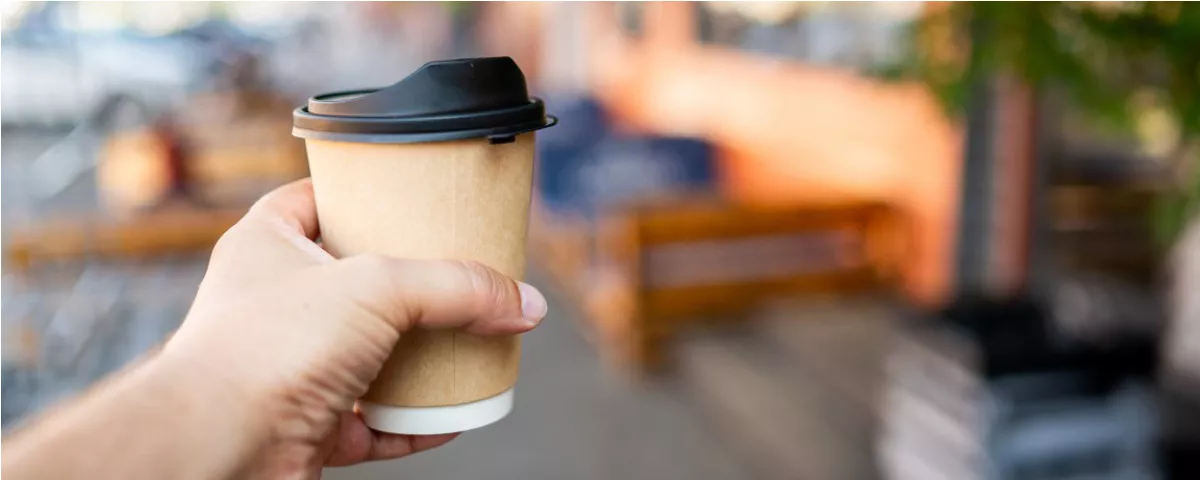Recycling in Boroondara is a team effort that starts with what you put in your bin. Solo Resource Recovery picks up our recyclables and takes them to VISY’s materials recovery facility in Springvale for processing.
Before your recycling hits the automated sorting machines, pre-sorters at VISY pick out items that aren’t recyclable. But they can’t catch everything that doesn’t belong on the conveyer belt. These items are called contaminants and include things such as bagged recycling or e-waste.
Contaminants can cause problems to those who buy our recycled paper, plastic and metal to make new products. A few plastic bags mixed into a pile of paper can mean the recycled paper can’t be used to produce new high-quality paper.
We’ve put together some quick tips to keep your recycling game strong. Be sure to avoid the following common mistakes.
Mistake #1 – Never bag your recyclables
Some residents are still putting their recyclable items into bags before they go in the recycling bin. Bagged recyclables are sent straight to landfill. Loose items can be sorted at the recycling centre and turned into new products.
Tip: Keep a dedicated recycling bin in the kitchen to keep your recycling loose.
Mistake #2 – Tissues and paper towels aren't recyclable
These low-quality paper fibres can’t be recycled into paper products, but they can be turned into compost along with your food and garden waste.
Tip: Put your tissues and paper towels in your FOGO bin.
Mistake #3 – Don’t put paper coffee cups and lids in your recycling bin
Disposable coffee cups come with a plastic lining that can’t be easily separated from the paper. This contaminates the paper stream if it goes in your recycling bin. The lids are also made from a type of plastic that isn’t easily recyclable, which is why they belong in your waste bin.
Tip: Have your coffee made in a reusable coffee cup.
Did you know: Australians throw away about 1.8 billion single-use coffee cups each year. Most end up in landfills and oceans. Sadly, this number is expected to triple by 2040.
Find out more
Check out our online A to Z guide to recycling common items.
